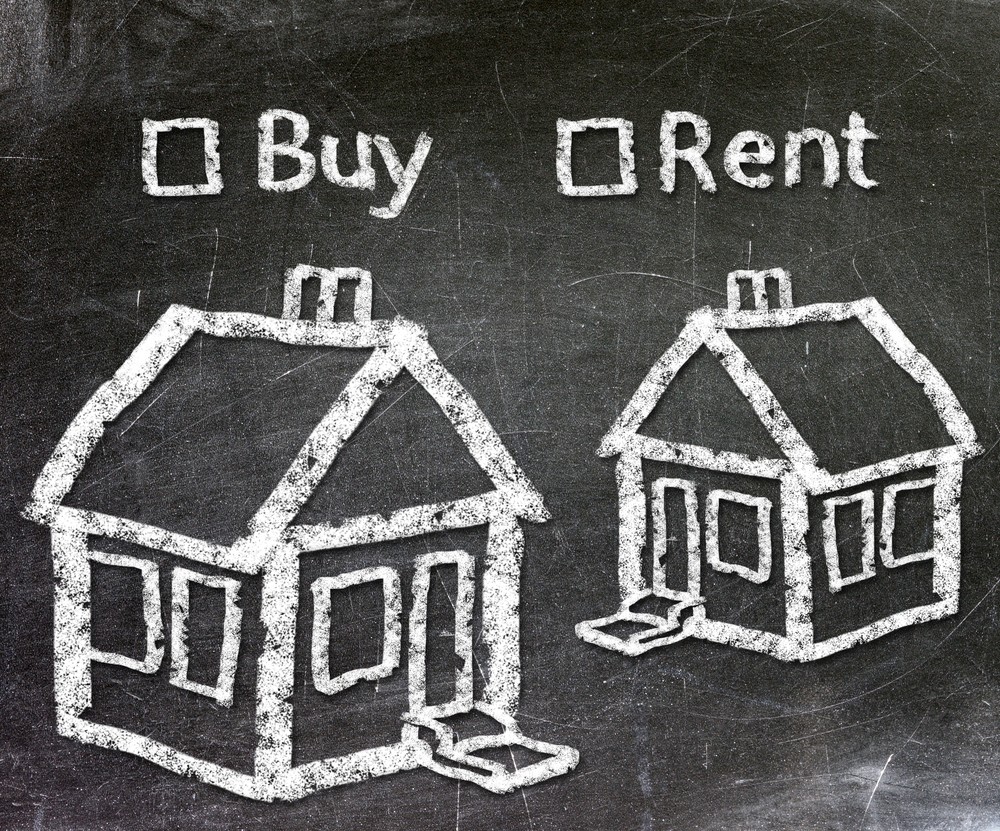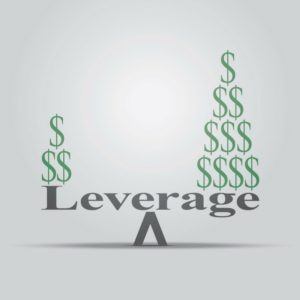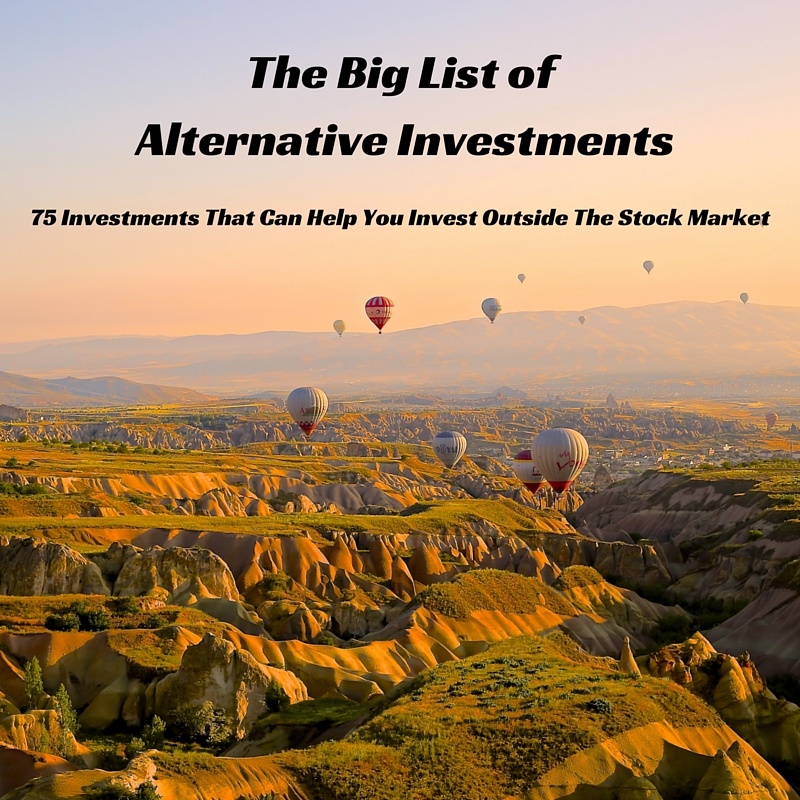Should You Rent or Buy a Home?
“But there has been also the American dream, that dream of a land in which life should be better and richer and fuller for every man, with opportunity for each according to ability or achievement. It is a difficult dream for the European upper classes to interpret adequately, and too many of us ourselves have grown weary and mistrustful of it. It is not a dream of motor cars and high wages merely, but a dream of social order in which each man and each woman shall be able to attain to the fullest stature of which they are innately capable, and be recognized by others for what they are, regardless of the fortuitous circumstances of birth or position.”
–James Truslow Adams
Is the American Dream Really an Illusion?
There is a great illusion when it comes to real estate. This illusion is that owning your home is an investment.
When you own real estate and use it to generate monthly income… it is an investment.
When you buy real estate and develop it to sell for a profit… it is an investment.
When you buy real estate to live in… It not an investment. It is a personal expense.
Where did this idea come from that every American should own their home?
I heard that Fannie Mae came up with the “American Dream” idea as part of a marketing campaign that everyone should own their own home. Great idea on their part, but I have not been able to confirm that they were the ones to initiate this idea.
Should I Rent or Buy a Home?
Most people believe that owning a home should be considered an investment. Some go as far to become “house poor” so that they can leverage themselves into a bigger home. What they don’t know is…










